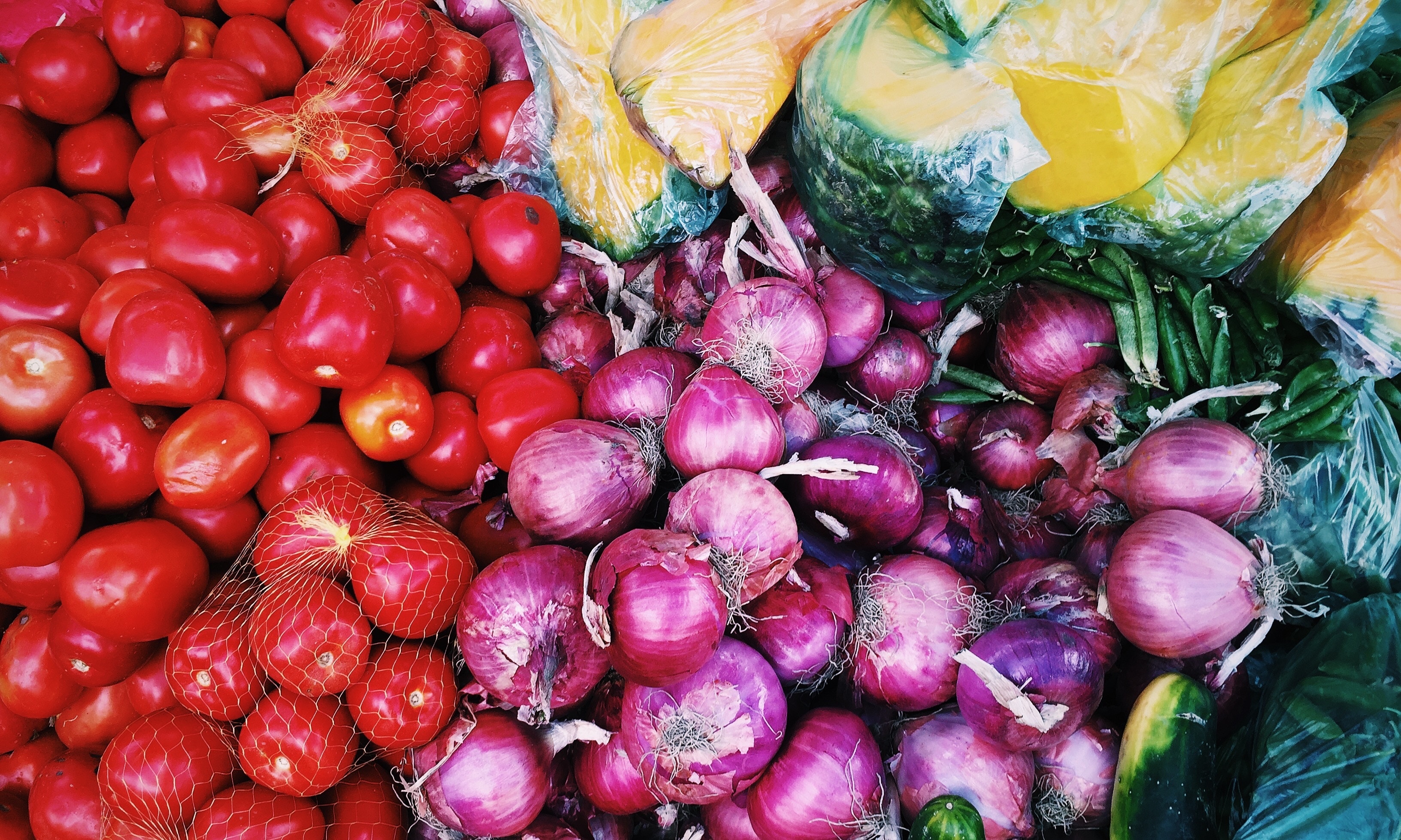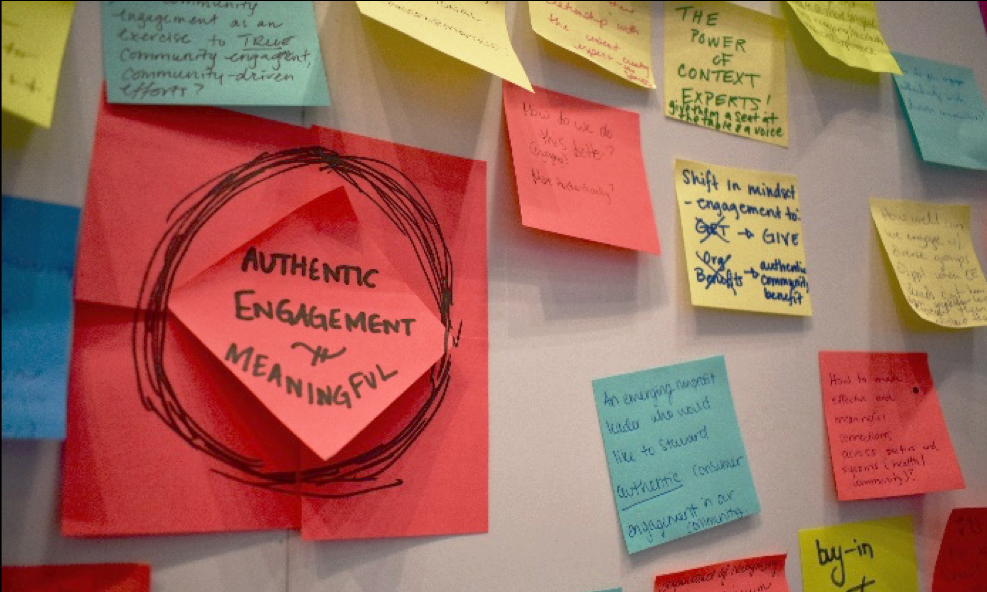Nine Stocking Stuffers...and a Lump of Coal
2018 was a dynamic year for federal and provincial policies related to poverty reduction. Cities Reducing Poverty (CRP) members across Canada serve as strong advocates and partners at all orders of government, with the goal of transforming policies to be more affordable, accessible and inclusive.
Through an end-of-year survey of the CRP network, three quarters (76%) of members self-reported at least moderate policy gains, and more than half (56%) reported major policy gains under at least one policy area. Primary policy areas that members were engaged with related to housing, income, employment, education, transportation and food security.
Read More






